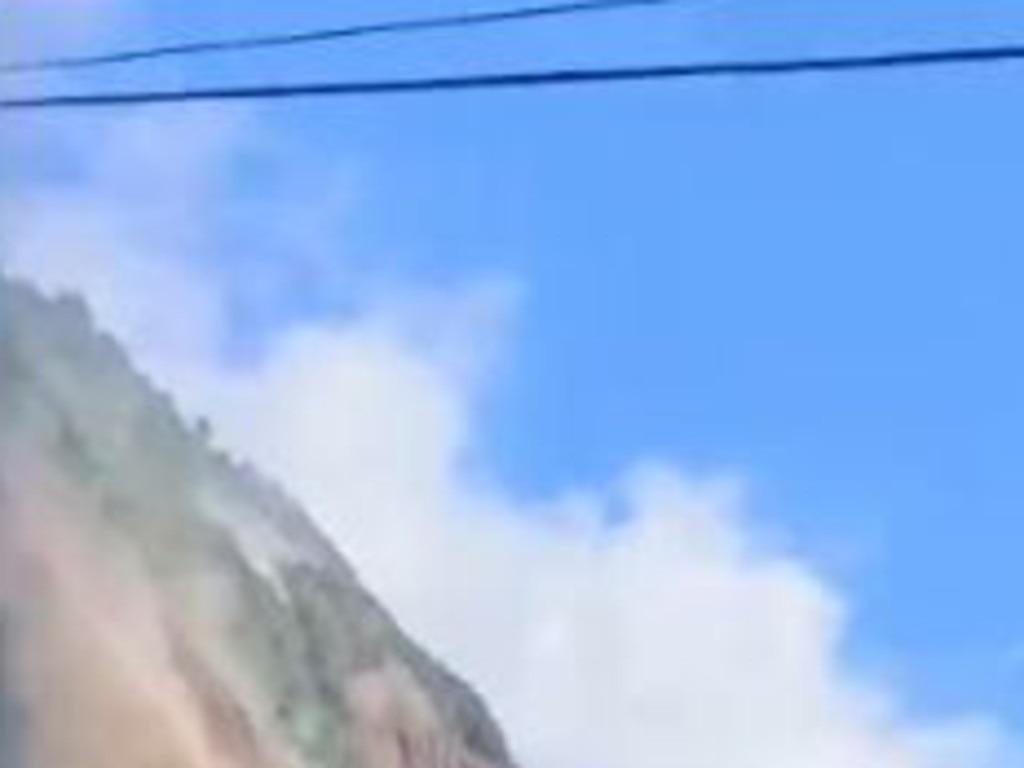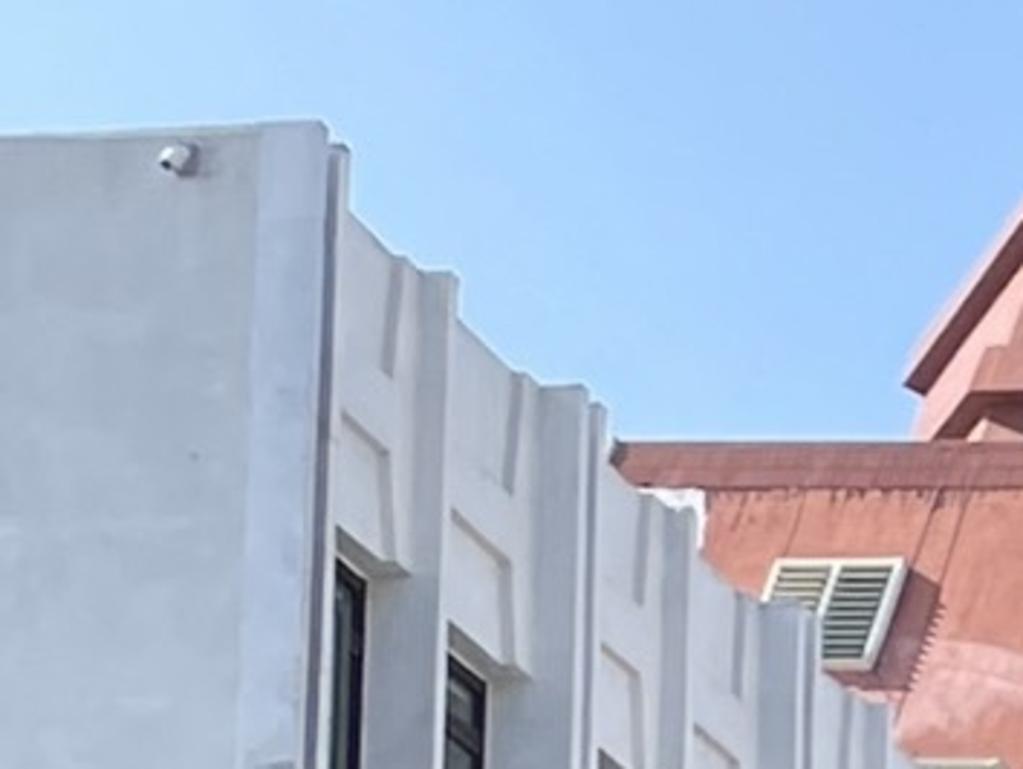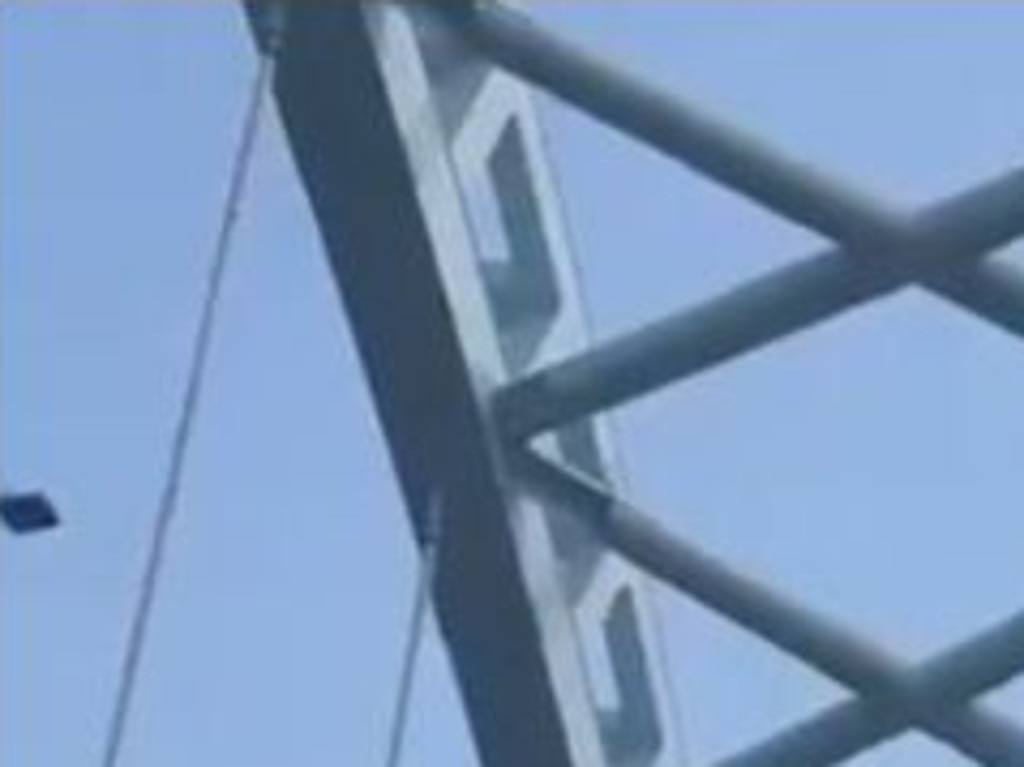
This article is more than
1 year oldAt least nine people are dead and more than 900 are injured after a 7.4-magnitude earthquake hit Taiwan’s east on Wednesday morning, flattening buildings and triggering tsunami warnings in the region.
Three of the deaths were hikers who were crushed by a boulder in the mountainous Hualien county, information released by Taipei’s emergency operations centre revealed.
The quake hit just before 8am local time, with the United States Geological Survey (USGS) putting the epicentre 18km south of Taiwan’s Hualien City, at a depth of 34.8km
The initial earthquake was felt across Taiwan, with AFP reporters from the southern Pingtung county to the north in Taipei reporting strong shaking sensations.
The aftershocks, including another 6.5-magnitude earthquake near Hualien, were also felt in Taipei.
Footage and images emerging from the Asian territory show varying degrees of destruction.
Some show half-fallen large buildings in Hualien, near the epicentre, with severe damage, while another shows a bridge violently shaking.
Local media has reported people remain trapped in buildings, while 934 people are injured. The death toll currently stands at nine.
Authorities have also confirmed that 70 people are stuck inside two separate rock quarries.
Harrowing footage circulating online shows numerous, large landslides believed to have caused chaos in Xiulin, off the east coast of Taiwan.
“I wanted to run out, but I wasn’t dressed. That was so strong,” Kelvin Hwang, a guest at a downtown hotel in Hualien who sought shelter in the ninth-floor lift lobby, told the AFP.



Officials said the earthquake was the strongest felt on the island in decades.
“The earthquake is close to land, and it’s shallow. It’s felt all over Taiwan and offshore islands,” Wu Chien-fu, director of Taipei’s Central Weather Administration’s Seismology Center, explained.
“It’s the strongest in 25 years since the (1999) earthquake.”
A Chinese teacher in Taipei said her class was disrupted by the frightening rumble.
“I was freaking out. I felt like scary things were going to happen all over again, because I’ve been through 1999, so I know how scary it can be,” Stacy Liu told Al Jazeera.
“I was taking out helmets, prepping our guinea pigs, and putting some water and snacks under the table in case something crazy happened.”


Wu warned that authorities are not ruling out that “there will be earthquakes with magnitude of 6.5 to 7 in three days which will be relatively close to the land”.
“The public should pay attention to relevant warnings and messages and be prepared for earthquake evacuation.”
Netblocks, a global cyber security watchdog, noted confirmed swaths of the nation had been taken offline.
“Internet outages have been registered in parts of Taiwan after a 7.4-magnitude earthquake,” the company said, adding that it had observed no issues with the country’s nuclear reactors.
The nation’s electricity operator - Taipower - said more than 87,000 people are without power.


Japan, Philippines, Taiwan, and China were all officially listed as being impacted by the disaster.
Officials in Japan and the Philippines swiftly isued tsunami warnings however The Pacific Tsunami Warning Center has since said that the tsunami threat from the earthquake in Taiwan “has now passed”.
The Philippines Seismology Agency warned residents in some coastal areas to evacuate to higher ground.
People in areas of the Philippines have been warned of “high tsunami waves” and and have been urged to evacuate coastal areas following the quake in neighbouring Taiwan.
“The people in the coastal areas of the following provinces are strongly advised to immediately evacuate to higher grounds or move farther inland,” the state seismology institute said in an advisory.
Coastal areas in 23 provinces from the north to the south of the archipelago nation, but not the capital Manila, “are expected to experience high tsunami waves” based on tsunami wave models, it added.

“Owners of boats in harbours, estuaries or shallow coastal water of the above-mentioned provinces should secure their boats and move away from the waterfront,” it said.
“Boats already at sea during this period should stay offshore in deep waters until further advised.”
Tsunami warnings for southern Japanese islands were triggered soon after the quake, but have since been downgraded.
“Evacuate!” a banner on Japan’s national broadcaster NHK read on Wednesday morning.
“Tsunami is coming. Please evacuate immediately,” an NHK anchor also said, according to AFP.
“Do not stop. Do not go back.”
Remote Japanese islands near Taiwan, including Miyakojima island, were initially expected to experience tsunami waves as high as three metres.
Flights were also suspended at the main airport in Japan’s southern region of Okinawa.
Operations at Naha Airport were suspended from 9:25am local time, shortly after the quake, as a precautionary measure.
A transport ministry official stationed at the airport told AFP: “Incoming flights need to divert”.
Chinese state media reported that the quake was felt as far away as its Fujian province.